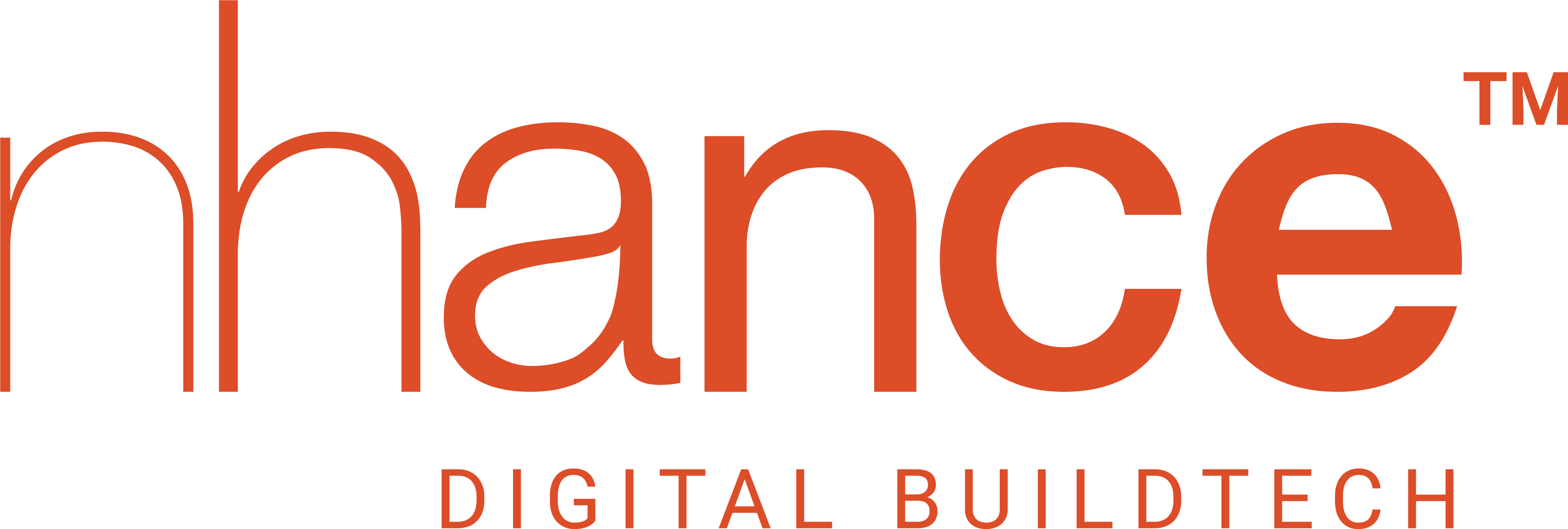For long enough effective space utilization has been sidelined by organizations as one of the secondary elements of workplace management. However, the rising need for flexibility and agility in workplaces and the hybrid working style has now forced companies and facility managers to rethink space management as a critical contributor to ensuring productivity and efficiency. As more and more employees shift to remote working and pay infrequent visits to offices, space management becomes a key in efficiently planning the mobile workforce and their flexible schedules.
What Is Space Management?
In general terms, space management is all about managing a given physical space and assets. It involves strategic planning and modern technologies to ensure optimized space utilization and proper maintenance. Using occupancy sensors, and other tools, space management software offer data, analysis, and insights to allow better control and management of physical spaces within the built environment.
Different Aspects of Commercial Space Management:
Space management as a concept includes an array of strands to ensure effective utilization of physical inventory and the area; here are a few important aspects of commercial space management.
Booking System
In the hybrid working environment today, empowering employees with a choice can go a long way. Especially when employees are now coming out of the work-from-home model to a flexible set-up where they are required to come to the office 2-3 days a week. To make them comfortable and let them choose the location of their workstation, workspace management solutions like a mobile booking system comes in handy. Visibility into real-time occupancy and utilization enables hassle-free workstation bookings.
Wayfinding
wayfinding system helps in easy navigation through a built environment. It is an important component of space management in the workplace/commercial buildings as the tools help people find their way without any hassle. Be it one’s desk or a colleague’s workstation or any other key facilities within the building, wayfinding signage offers guidance through a single platform.
Occupancy Management
Real-time occupancy management empowers organizations to manage the dynamic space demands in modern workplaces. It drives efficiency in work areas and meeting rooms with an array of IoT sensor integrations. With on-the-go visibility into occupancy status and insights on space utilization patterns, it helps in reducing operating costs and increasing sustainability.
Parking Management
The parking management system digitizes the parking processes end-to-end, including multi-tenant and multi-level parking. It allows checking of space availability, parking space booking, and allocation for employees and guests thereby assuring appropriate parking occupancy.
Café Management
Corporate cafeteria management is an extremely important part of workplace space management. It is the hotspot for socializing, interacting, and relaxing and can turn chaotic if not managed properly. The cafe management solution allows streamlining of processes such as pre-ordering food, digital payments, optimal usage of cafe resources, feedback, and queue management.
With pressure to deliver higher building efficiency and reduce occupancy costs, poor space utilization is something organizations can’t afford in the new normal. While there are several space management software’s available in the market, not all of them solve the problem of space data visibility. Most of these solutions work in fragments and fail to offer a consolidated view of the entire space within a built environment.
Space management system offered by nhance can turn your office into a powerhouse of flexibility, productivity, and safety. If you are ready to evolve your workplace from a fixed to a flexible space with AI-based space management, get in touch with us. For more information visit nhance.ai.








